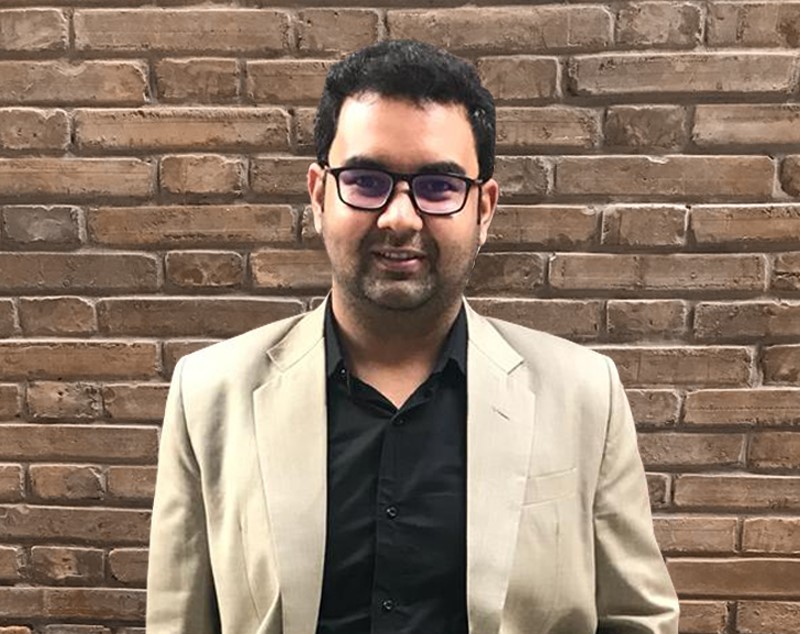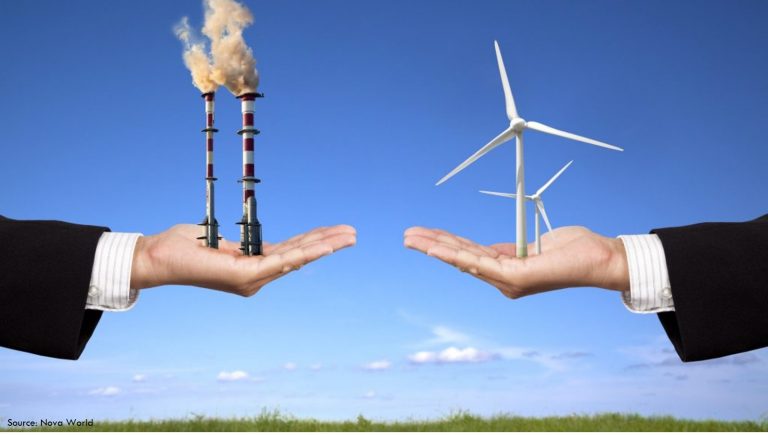PHD candidate
Swapnil Shekhar
- Eindhoven University of Technology
- Work package 10: Integral models
- Simulation modelling


I am studying decarbonization in the freight transportation sector of the Netherlands. The transportation of goods primarily happen through vehicles running on fossil fuels. The corresponding zero carbon alternatives (i.e., electric or hydrogen trucks) are in a fairly nascent stage. As these technology develop, a daunting question that remains unsolved is- how can we ensure that the transition from fossil fuel-based trucks to zero-carbon trucks happens in a swift and smooth manner? Most studies assume a certain cost reduction which leads to a certain penetration level of the desired technologies. But these assumptions are usually weak, and little is known about the process or dynamics that leads to this reduction. The most recent example is the rapid fall in cost of solar panels (globally but particularly in India), which was not just unexpected but quite unprecedented as well.
Through my research, I am trying to identify these dynamics and understand the process through which cost reduction in a new technology happens. Using a similar approach for price dynamism, I plan to study the process of learning (cost-reduction) and experience (price-reduction) of electric and hydrogen trucks. My ultimate objective is to develop a generalized framework to study the evolution of technology i.e., development, demonstration, deployment and diffusion. Such a framework can be used to identify the most crucial factors involved in this process and develop a strategy to create an environment conducive for germination of new, low-carbon technologies.

The bulk of my work within NEON falls under work package (WP) 10 (Integral Model). The explicit focus of my work on trucks implies I shall work closely with work packages focusing on related technologies: WP4 (Electric Mobility), WP5 (Charging Mobility) and WP6 (Smart and Safe Mobility).
Further, I also intend to study the social and psychological aspects of decision making within the trucking and freight transportation industry. This ties in with WP7 (The Human Factors) and WP9 (Societal Values).